AFTERWARDS
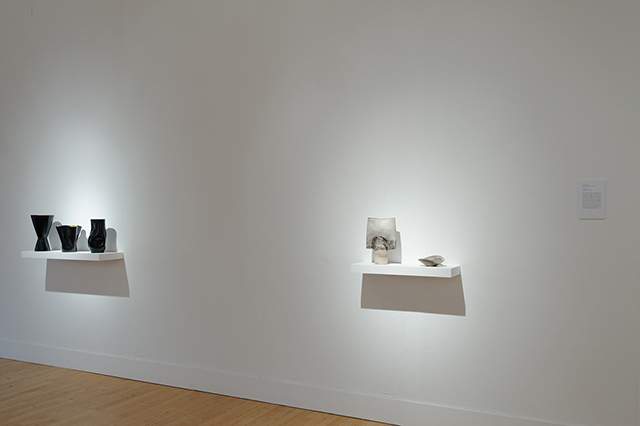
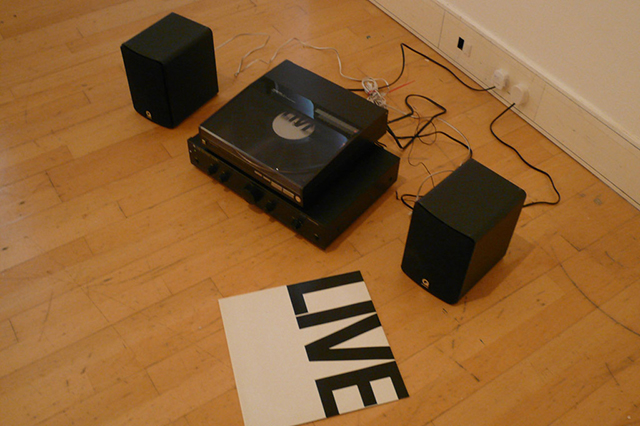
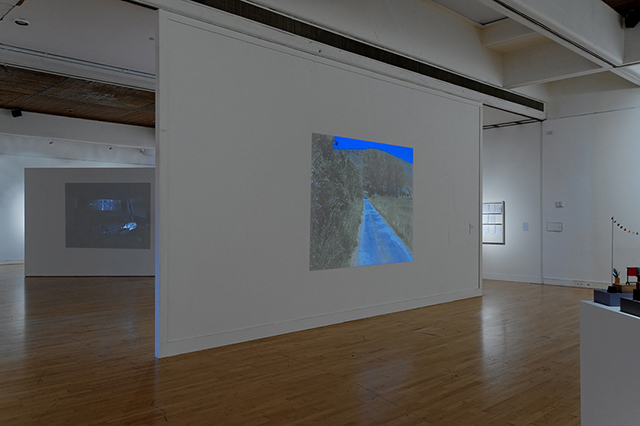
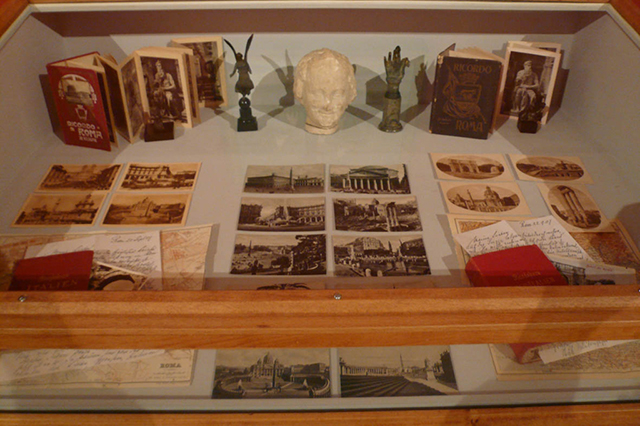
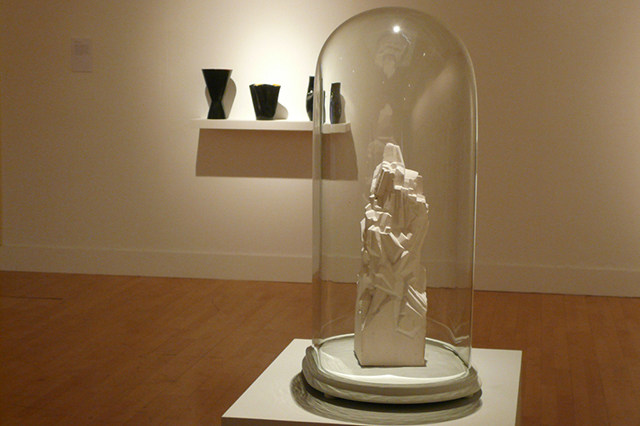
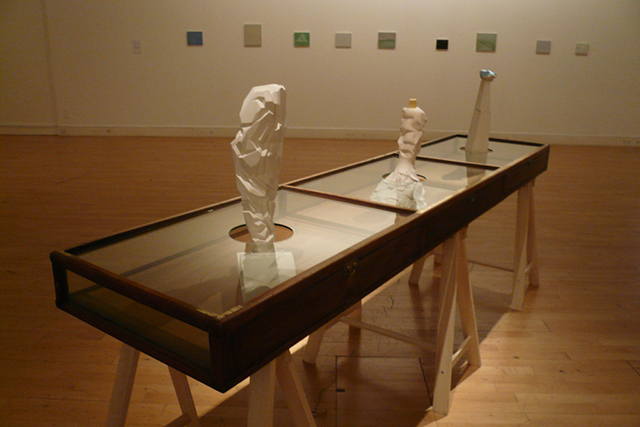
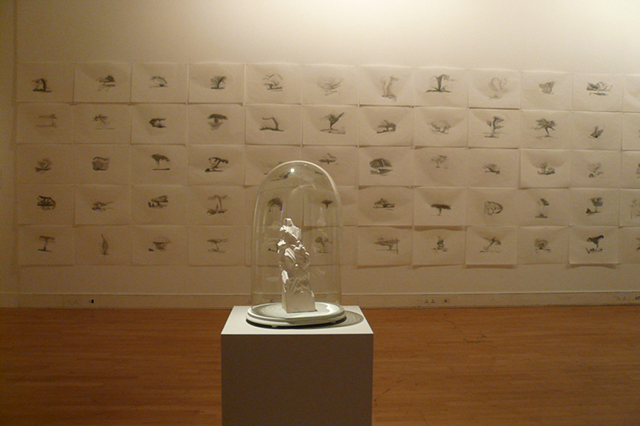
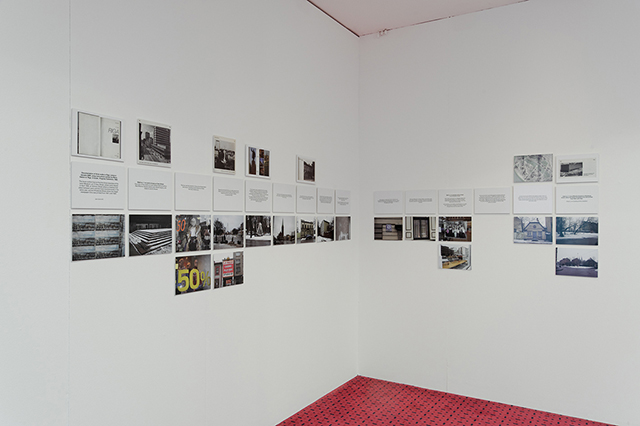
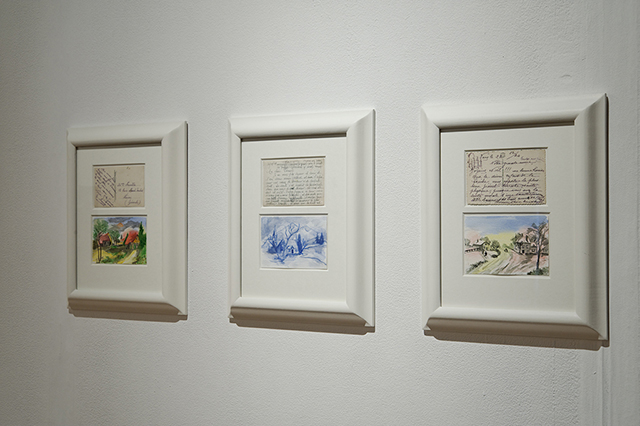
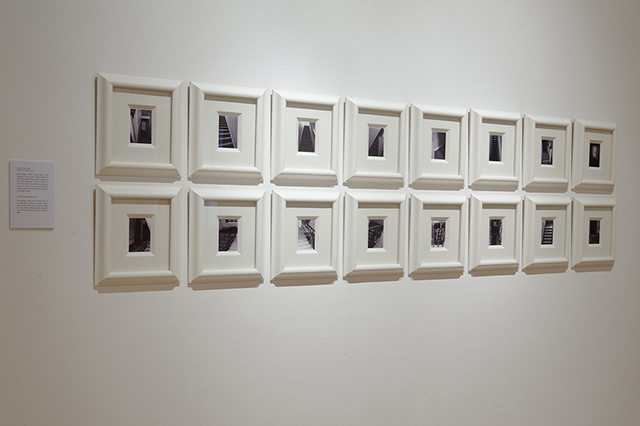
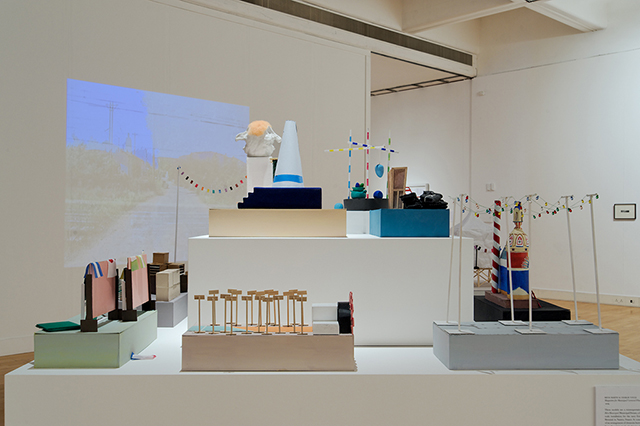
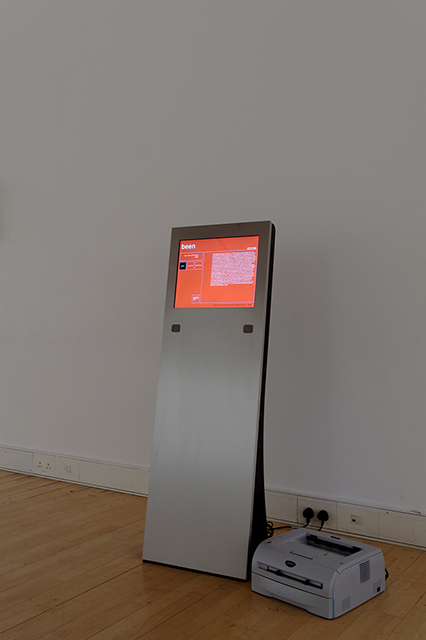
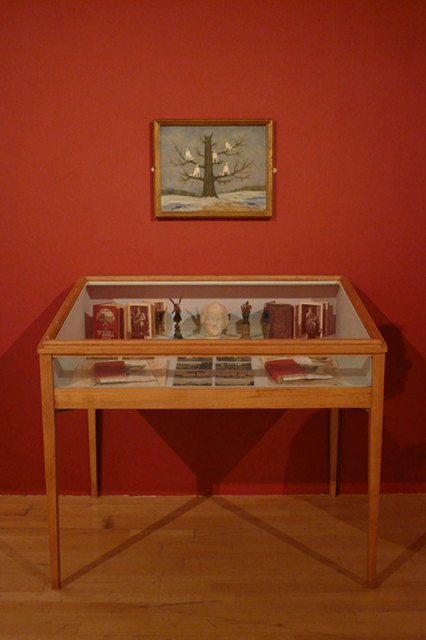
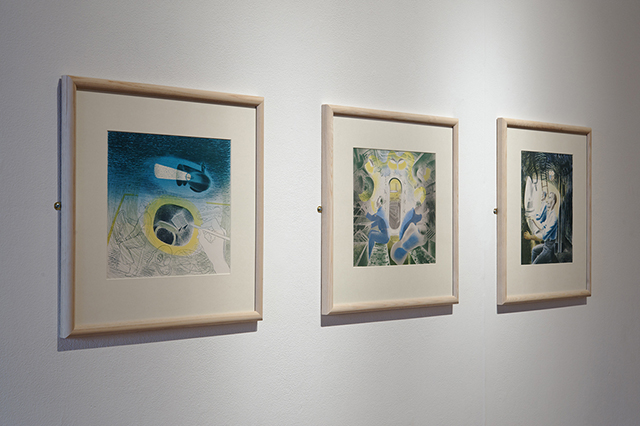
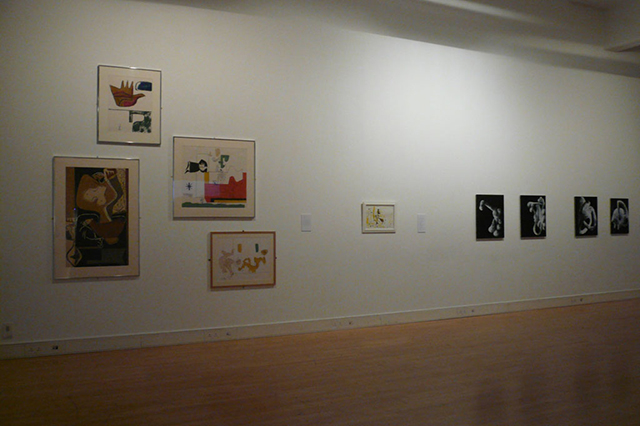
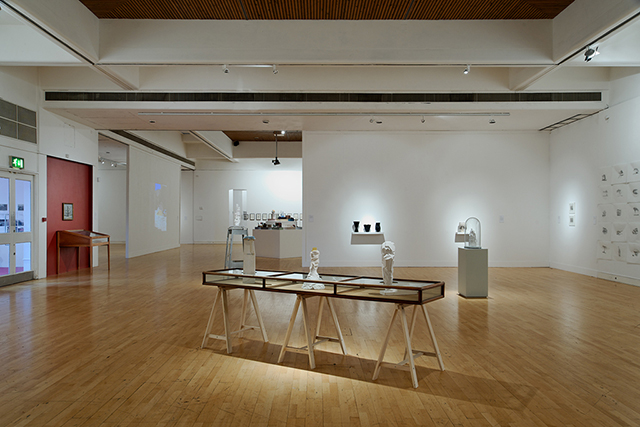
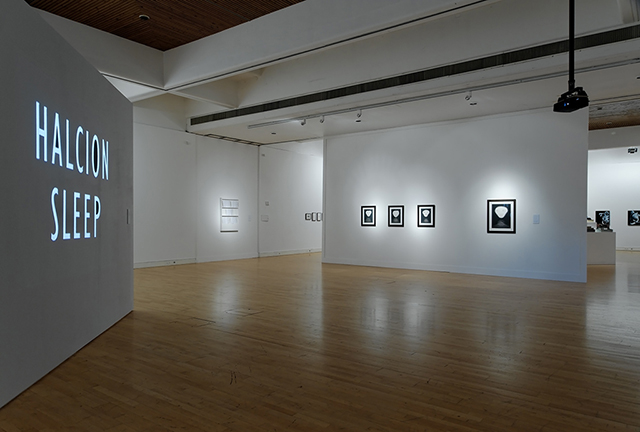
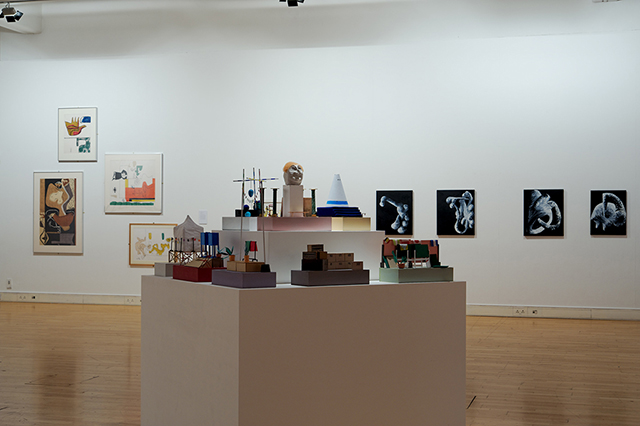
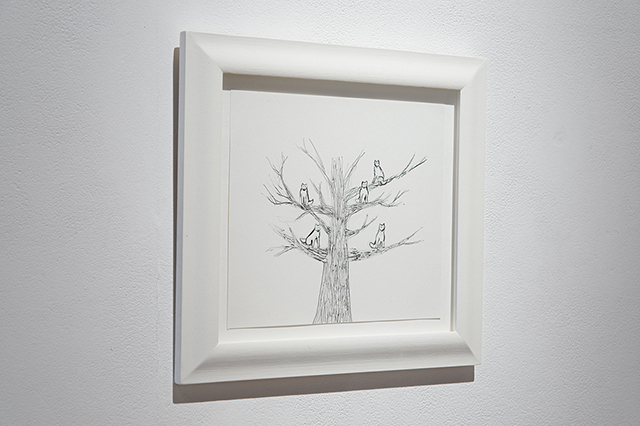
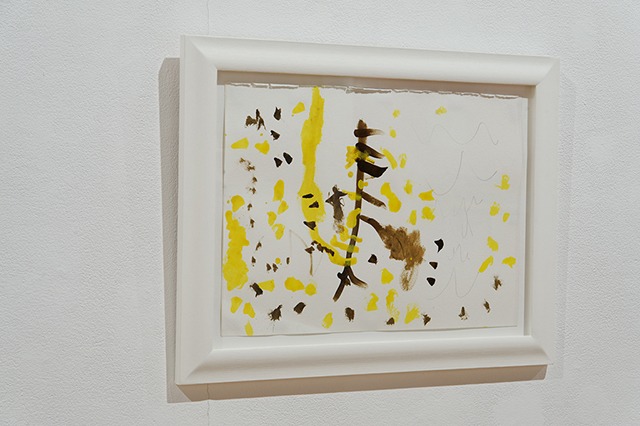
The exhibition takes up the concept of ‘Nachträglichkeit’, the term frequently employed by Sigmund Freud to name his conception of the temporality of the unconscious and psychic causality, a term that is usually translated as ‘deferred action’. Impressions, experiences, memory traces (or ideas, images, and presentations) are recast subsequently in relation to new experiences. Jacques Lacan draws attention to the importance of this term, which undoes the rather too frequent understanding of psychoanalysis as a linear process which reduces the history of the subject to a story of the effect of the past upon the present, in which all desire, all acts, are traced to their origin in infancy. Rather, there is a first scene, which only achieves significance or value because of a second scene (as in the case of the Wolfman, for whom Freud constructs a scene to be remembered: there is no memory, no impression that the child can understand until he meets it again and it has to be constructed for him so he may encounter—and thus remember—it). I could set alongside ‘afterwardness’ the lovely term ‘space-off’, from film theory, describing the blind spot in representation, which, while invisible, may nonetheless be inferred from what else is made visible in the image-frame.
The exhibition at the Mead Gallery follows through Nachträglichkeit, in the arrangement – or indeed, retranscription – of a number of works of art and objects, including my own. The pivotal image of the project is the painting by Sergei Pankejeff, the ‘Wolfman’, which is in the collection of the Freud Museum, London. It is a painting of his famous’ wolf dream’, made many years after his analysis with Freud. The exhibition takes its form around this painting, shifting between what may seem to be landscapes (or their reconstructions), memories (or their rearticulations and representations), and a curious oscillation between archive and event (something has happened, something will happen, something is happening, and something will have happened – and it is the last tense, the future anterior/perfect, that is of greatest importance).